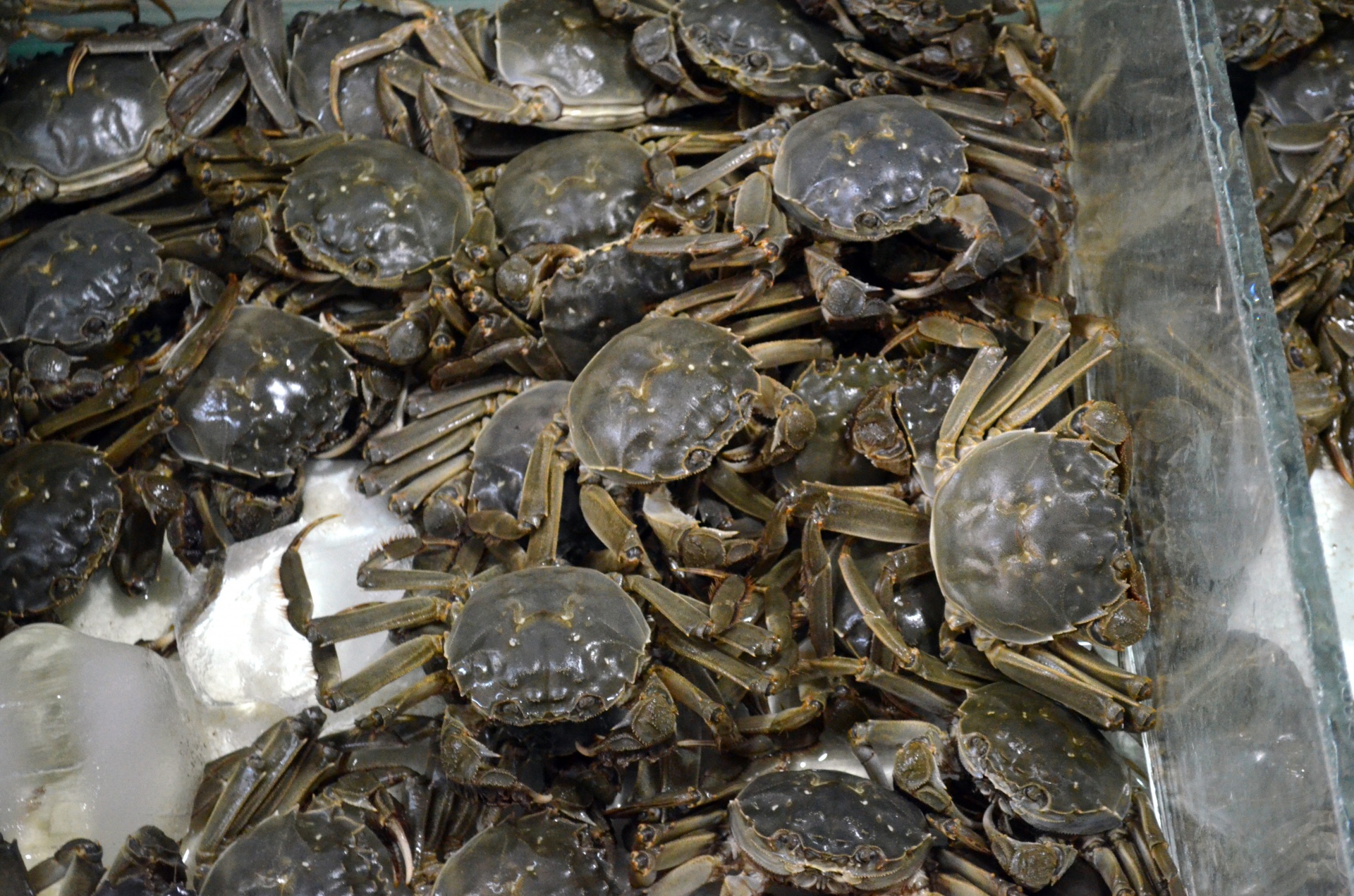Views expressed in opinion columns are the author’s own.
The well-intentioned folks over at PETA have the unfortunate habit of making their points in what seems like the most ridiculous way possible. Their “human barbeque” features an activist painted to look as if they had been cooked, lying naked on a human-sized grill; their “Pokemon Black and Blue,” a parody of the popular Pokemon video game series, tasks the player with liberating the titular creatures from their trainers. PETA’s most recent stunt is currently on display over East Baltimore Street in Baltimore: a billboard encouraging Baltimoreans to “see the individual” in the crabs they consume, and instead go vegan.
The seeming absurdity of such a campaign in the crab capital of the country, combined with PETA’s history of craziness, makes it quite easy to laugh them off in this instance. Indeed, few groups have drawn as much scorn and mockery over their lifetime as PETA. Part of that is due to their methods, sure, but much of the reason people are so quick to ridicule PETA is that, deep down, many of us know the uncomfortable truth: They are right.
[Read more: PETA won’t make positive change unless it rebrands]
The argument for veganism is simple to the point of obviousness. I take it that most people think it is immoral to be complicit in causing sentient creatures to suffer without very good cause. The meat industry creates enormous suffering for the animals it processes, and it’s a massive burden on the environment, thus contributing to human suffering through resource consumption and climate change. Supporting this industry, given the choice, makes one complicit in said suffering; ergo, voluntarily consuming commercial animal products is immoral.
The premise of this argument certainly seems unassailable. Most of us wouldn’t torture a dog or cat, so the suffering of a cow or chicken should concern us as well. In the case of crabs, research suggests they feel genuine pain, and presumably suffer quite a bit when boiled alive. The horrors endured by factory-farmed livestock have been catalogued in gory detail by documentaries such as “Food, Inc.” and “Indigestible,” and are surely morally indefensible. Finally, research showing the reduction in one’s carbon footprint and animal lives saved by going vegan definitively tars meat-eaters with the brush of complicity.
Given all this, why do fewer than 10 percent of Americans identify as vegan or vegetarian? To be sure, there are a number of perfectly valid reasons why someone might not: dietary restrictions that would prevent them from getting enough protein without animal products, or lack of access to fresh produce, for instance. But these restrictions surely do not apply to the majority of this nation’s carnivores. Rather, most people who have considered the issue and chosen not to give up animal products defend their decision with any of a recurring cast of bad excuses:
“I can’t afford not to eat meat.” (A study published in the Journal of Hunger and Environmental Nutrition found that a vegetarian diet can save close to $750 a year.)
“You can’t get enough protein without eating meat.” (Tell that to vegan Olympic weightlifter Kendrick Farris.)
“We’re at the top of the food chain/carnivorism is the natural order of things.” (We’re also at the top of the intellectual food chain, which gives us access to things such as moral reasoning, which allows us to conclude torturing animals is wrong.)
[Read more: New vegan specials are available at all three dining halls]
Like I said, these are all transparently bad arguments, defeasible with a bit of introspection or a quick Google search. It’s my hunch that, for most people, these are simply stand-ins for perhaps the most common, least defensible argument: “I just like meat too much.”
This, of course, is not an argument at all; it’s equivalent to the claim, “My aesthetic preferences give me license to ignore my moral obligations.” We are happy to condemn the kleptomaniac who steals just because he likes shiny things, but are altogether too blasé when weighing our own tastes against the grave wrongs they perpetuate.
Eating meat is a significant part of our culture, and personal change is never easy, but the ethical and environmental implications of carnivorism mean we all at least have an obligation to try. Even if that means skipping out on the next crab feast.
Joey Marcellino is a senior jazz saxophone, physics and philosophy major. He can be reached at fmarcel1@terpmail.umd.edu.



